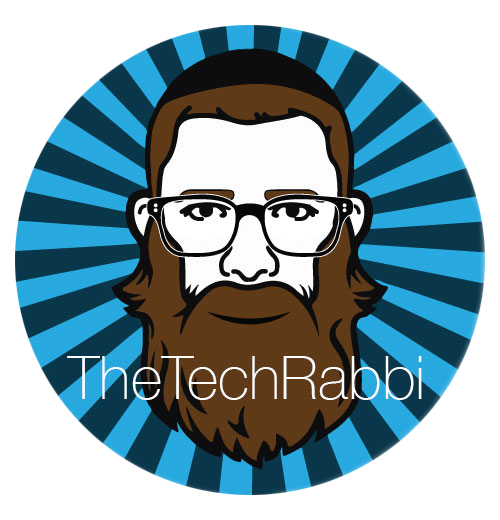"In Formation" - Approaching Information Literacy
We live in a world that is completely saturated with information. Whether we are creating or consuming, the internet has become a massive storehouse of information that is constantly in formation. A colleague of mine, Scott McLeod (follow him on twitter), co-authored a series of videos called, "Shift Happens" which, among other things, call to light the rapid pace of our quest to be informed. 2006 experienced 2.7 billion searches per month, and in 2008 it was at 31 billion. Comedian Pete Homles said humorously, "We know everything. Google, wait two seconds and you will know." With this wealth of information comes a great responsibility for us as educators to help our students effectively and efficiently navigate, filter, and process information as aspiring life-long learners.Since Information Literacy is not just about access, but assessment, one of the best ways to help students develop Information Literacy skills is by showing them a model of this process. Once upon a time, Wikipedia was a near curse word in the classroom. Today, it is one of the leading organizers of information. Through the lens of Wikipedia, students can be exposed to various levels of information quality. For example, when searching "Information Literacy," further reading suggests that the article was built from sources in academia, government, and education think tanks. The page also begins with an interesting disclaimer; "The examples and perspective in this article deal primarily with the United States and do not represent a worldwide view of the subject." This adds another element into the challenge of Information Literacy. It's not enough to just access information, or even to verify its authenticity. A new challenge is to understand how information gives us the ability to connect as a global community and how communities differ in the value and perspective of information.
